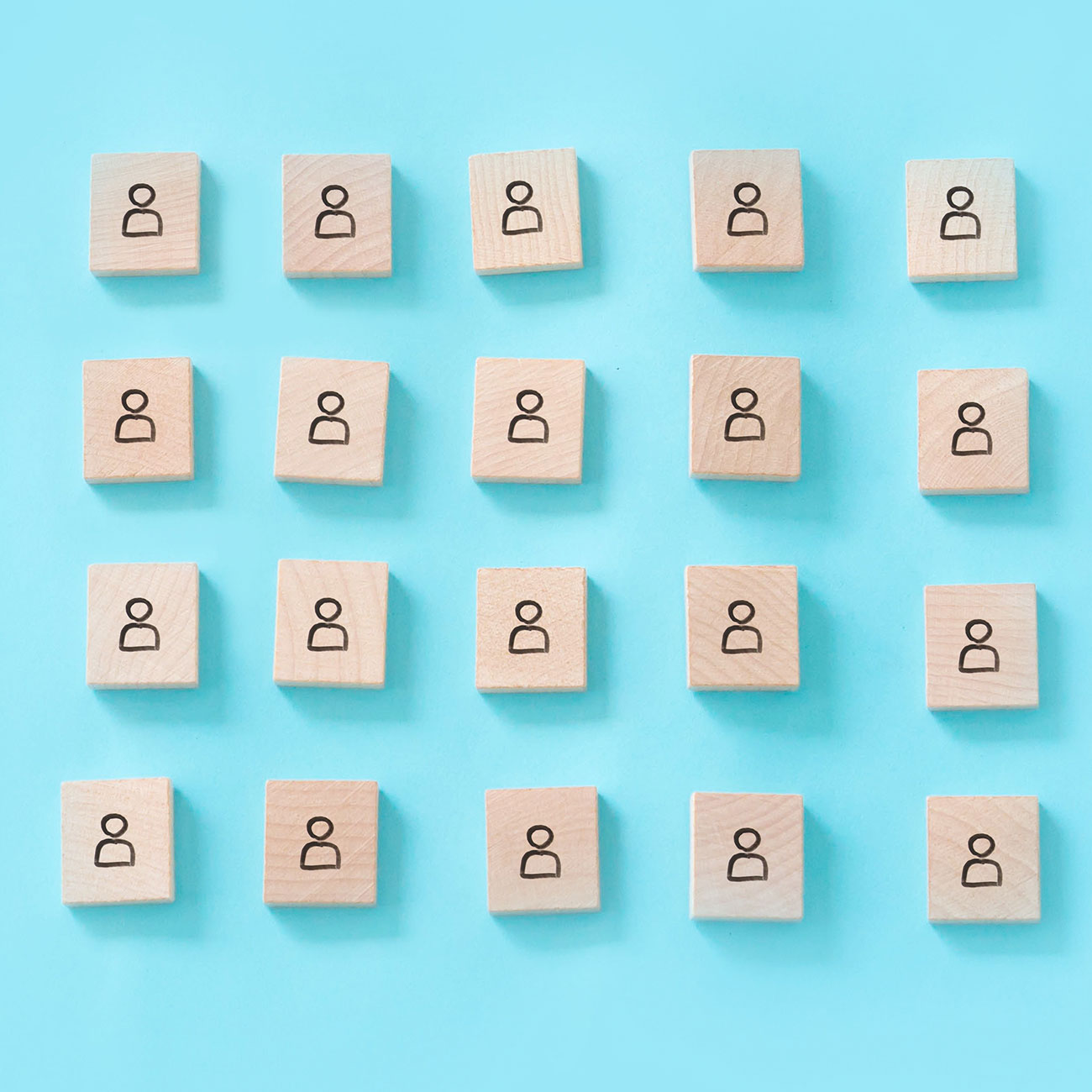Becoming nervous, not preparing enough or being too confident in the eyes of the interviewer are just some of the most common mistakes we make when we go to a job interview. We have taken a look at some of the most important factors you should keep in mind so you show up prepared and get that job you have always dreamed of.
The days prior to the interview
- Research the company well: it is important to come to an interview knowing as much as possible about the company and position you are interviewing for, which will help demonstrate to the interviewer that you are keen on the job and take very seriously the opportunity they are offering you.
- Sector: make sure to study the market in which the company operates, what its competitors are, find any recent news about it, and in general, learn all you can about the type of products or services it offers.
- Post: explain why you are interested in the post, the reasons the project appeals to you and what you might bring to the table in terms of your experience.
- Corporate culture and values of the company: normally, on all company web sites, there is a human resources section where you will find information on its culture, mission, vision, values and competencies. This is of utmost importance, as adapting to the corporate culture is one of the aspects companies value most, and often it makes the difference between the finalist candidates in a recruitment process. It is essential to demonstrate your motivation to the interviewer and the degree of adaptation to its corporate values and culture, as well as getting across what motivates and interests you.
- Analyse the profile of your interviewer. You can view his/her LinkedIn profile, see what position he/she holds and what functions and professional experience he/she has. There are details, like knowing how to correctly pronounce his/her name, that will avoid awkward moments.
- Know your curriculum well and make sure you know everything you are going to say about each section, according to the position you are applying for. Highlight those points where you can demonstrate your experience or readiness.
- Write a good cover letter, no longer than one page, to highlight your strengths and attract the interviewer’s attention.
- Prepare several responses to the most common questions, such as saying why you think you are the most suitable candidate for the post, what your skills are, or the salary you would like to receive. Regarding this last item, do not mention it unless you are asked.
- Make sure you know the way to the interview site and what factors you should keep in mind, such as transport or parking. Make sure to clear your schedule and allow for at least one hour beyond what you calculate it will take to do the interview, in case they decide to put you through some unexpected tests.
- Practise the interview with someone that builds your confidence and can give you their honest opinion when you finish. Non-verbal communication is very important, so make sure not to be too tense or excessively relaxed. Do not cross your arms or legs and keep hand gestures to a minimum.
- Practice your reactions under unexpected situations, as it is likely they will want to see how you adapt to unusual circumstances. Always react professionally and never lose control.
The day of the interview
- Go over all you have learned in the days before and make any last-minute adjustments you think are necessary, but try not to fret or get too nervous.
- Keep a clean, smartly-dressed appearance. Do not wear casual clothes unless you are convinced that is the company’s policy. Do not wear excessive amounts of jewellery or make-up.
- Be punctual and arrive a few minute before the arranged time. Arriving late to a job interview is inadmissible.
- Be professional. Shake the interviewer’s hand vigorously but appropriately, and remain standing until they ask you to sit down. Try to be charismatic and professional and do not let your mind wander nor let your nerves get the best of you. Maintain eye contact, smile and pay attention to the questions the interviewer asks, without interrupting. This way of behaving helps you demonstrate your social skills, something highly valued by companies these days.
- Give sincere answers. Try to give good, practical examples in which you have had to put your skills to use and show interest in the questions the interviewer asks. Use the right amount of humour and try to establish a connection with him/her, but without losing your focus, and maintain your professionalism. Give details about your needs and why you are the ideal candidate. Finally, and most importantly, be confident, in yourself and your abilities.
- Thank the interviewer, once the interview is over, show interest with respect to the possibilities of a second one. Do not be discouraged if you think it went poorly; just keep smiling and be polite. You never know if it was only a test or if you are going to cross paths with the interviewer in the future.
And now, do you feel ready to successfully face your job interview? Remember that at Claire Joster we have a specialised team of consultants working to offer you the best jobs to suit your professional profile and needs.
